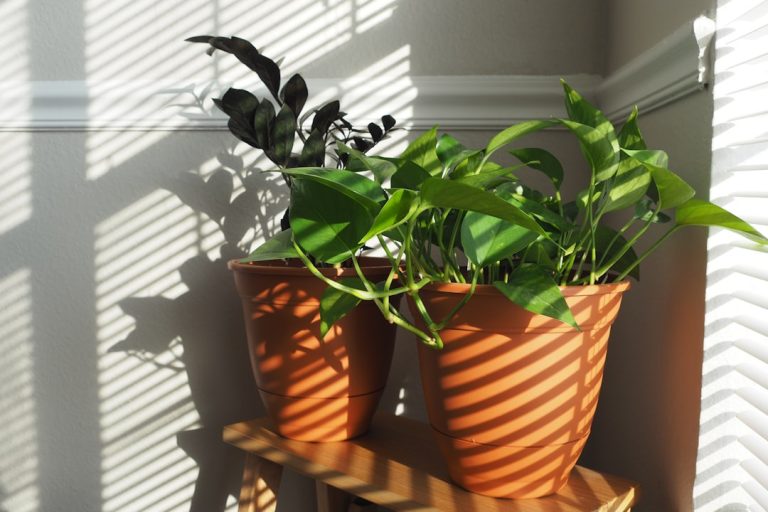Creating a sustainable and eco-friendly garden is not just a trend; it’s a responsibility we bear for the well-being of our planet. In this blog post, we’ll explore ten essential tips to help you cultivate a garden that not only thrives but also contributes positively to the environment.
1. Choose Native Plants: Selecting indigenous plant species not only supports local biodiversity but also ensures that your garden requires minimal water and maintenance. Native plants have adapted to the local climate, making them hardy and sustainable choices.
2. Water Conservation Techniques: Implementing water-efficient irrigation systems, such as drip irrigation or rainwater harvesting, can significantly reduce water consumption in your garden. Be mindful of your watering schedule, focusing on the needs of the plants to prevent wastage.
3. Organic Soil Amendments: Opt for organic soil amendments like compost and well-rotted manure. These not only enhance soil fertility but also promote a healthy microbial environment, fostering sustainable growth for your plants.
4. Integrate Permaculture Practices: Explore permaculture principles to create a self-sustaining ecosystem in your garden. Designing your garden with permaculture in mind can enhance its resilience, reduce the need for external inputs, and encourage natural processes.
5. Eco-Friendly Pest Control: Avoid harsh chemical pesticides that harm beneficial insects and the environment. Instead, use natural alternatives like neem oil, companion planting, or introducing predator insects to keep pests at bay without compromising the ecosystem.
6. Implement Companion Planting: Strategically planting compatible species together can enhance nutrient absorption, deter pests, and promote overall plant health. Research companion planting guides to discover the perfect plant pairs for your garden.
7. Efficient Waste Management: Establish a composting system to recycle kitchen and garden waste. Composting not only reduces landfill contributions but also produces nutrient-rich compost for your plants, closing the loop in your garden’s sustainability.
8. Opt for Eco-Friendly Garden Supplies: Choose sustainable materials for your gardening tools, pots, and accessories. Biodegradable pots, bamboo tools, and recycled materials contribute to a more eco-friendly gardening experience.
9. Energy-Efficient Outdoor Lighting: If you illuminate your garden at night, consider using solar-powered or energy-efficient LED lights. This reduces your carbon footprint and lowers energy consumption, aligning with the principles of sustainability.
10. Educate and Share Knowledge: Spread awareness about sustainable gardening practices within your community. Sharing knowledge and experiences can inspire others to adopt eco-friendly methods, creating a collective impact on our environment.
Cultivating a sustainable and eco-friendly garden involves making conscious choices at every step. By incorporating these ten essential tips, you’ll not only create a thriving garden but also contribute positively to the health of our planet. Embrace sustainability, and let your garden be a testament to the beauty of a harmonious coexistence with nature.


